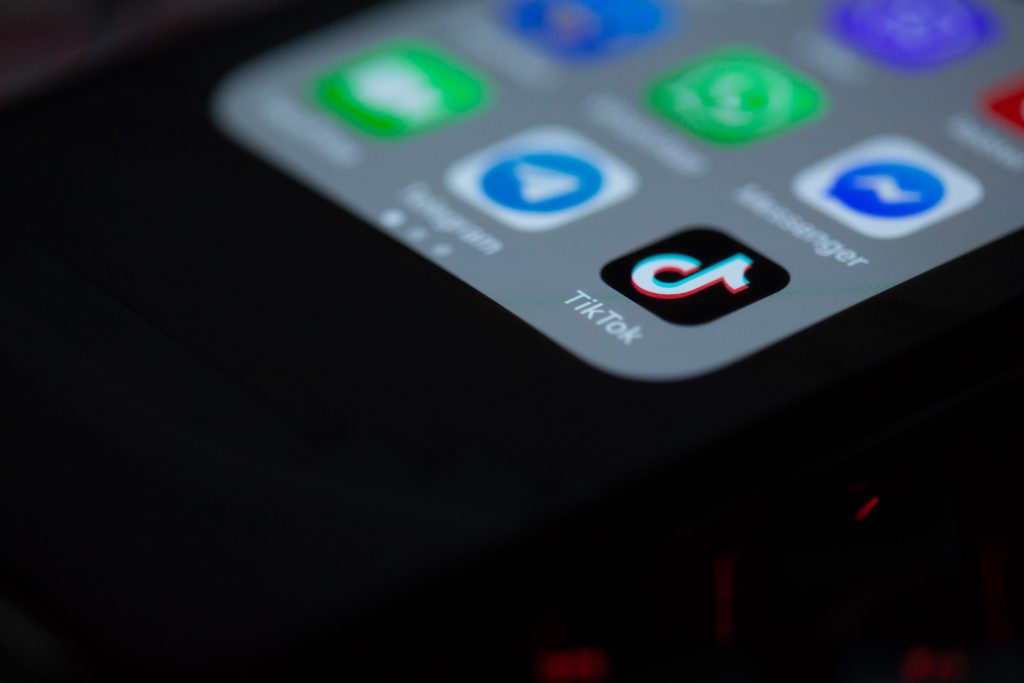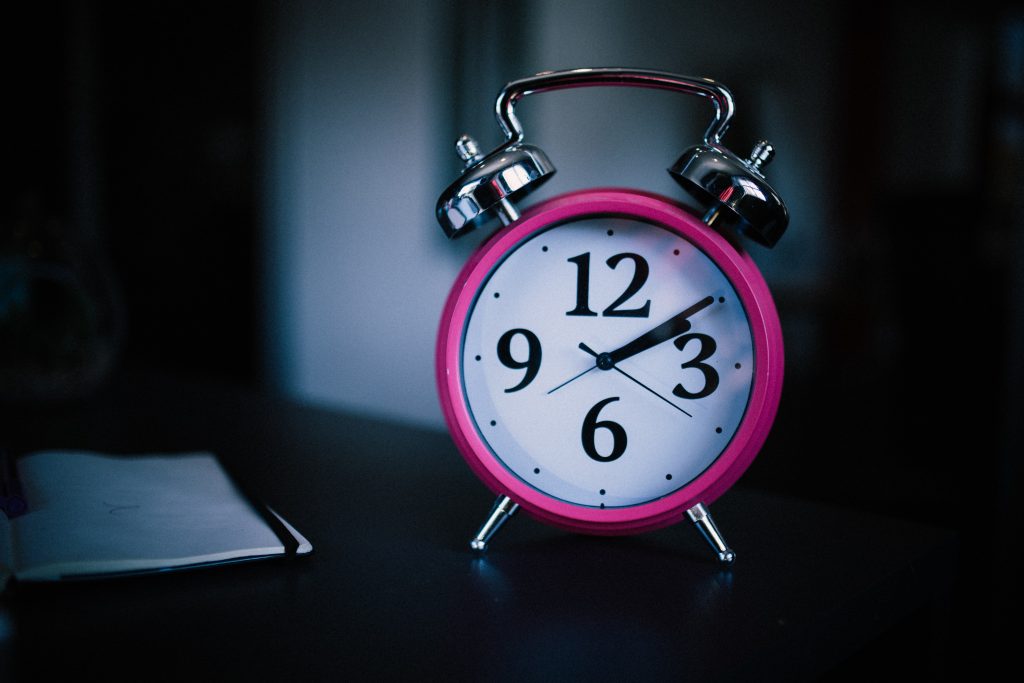Most people agree that the Covid Pandemic of 2020 has affected how the world functions today. Many drastic changes were made in the blink of an eye. Some changes negatively affected relationships, families, businesses, work, and mental health. Suddenly, people were isolated from their loved ones and friends while navigating how to “do life” at home. Although access to the outside world at this time was primarily out of reach, access to the online world was easy.
During this period, many people turned to social media to stay connected to their friends, family, and the outside world without leaving the house. Although social media was in the picture before the pandemic, it is being used more prevalently and in new ways. Many young users utilize social media to stay connected, create a community, and share information. One of the leading social media platforms that gave room for this was TikTok. Many people think TikTok is just a place for entertainment, watching people dance or watching relatable content, but it has grown much more within the past two years.
TikTok has found a way to bring the world to your fingertips. Its algorithm is specifically modified to cater to users’ specific searches or preferred content. Since people worldwide were affected by the Covid Pandemic, many could relate to others’ experiences, quarantine lifestyles, and mental health struggles. A topic that was once considered taboo to speak about was trending online. Not only are people confidently sharing their diagnoses, daily mental struggles, and coping techniques, many mental health professionals have joined the platform to spread awareness. Because of the rise of advocates, there has been an overall reduction in stigmas behind medication and specific disorders/symptoms. TikTok’s influence on mental health has grown significantly since users hear from a large and diverse group of people and professionals. Although “TikTok Therapy” can help reduce the feeling of being alone and create a space for finding community, can this replace seeking professional help?
The “therapeutic” experience gained from watching these videos online is more apply related to the feeling of instant gratification. Although relatability often creates a sense of universality, this can leave the risk of self-diagnosing and avoidance of seeking professional guidance. Even though there are experienced clinicians online, they share general information that may not be specific to every user. TikTok can be a handy tool because of the diversity of people active on the platform. It can be used as a resource in figuring out the first steps to finding professional help or as an encouragement that we are not the only people that struggle. Although this is true, users must also realize that TikTok is a platform to increase people’s understanding of mental health, not an at-home therapist. Illumination is helpful, but individual professional care truly makes the difference.





